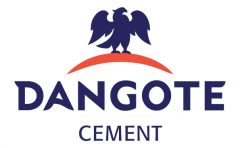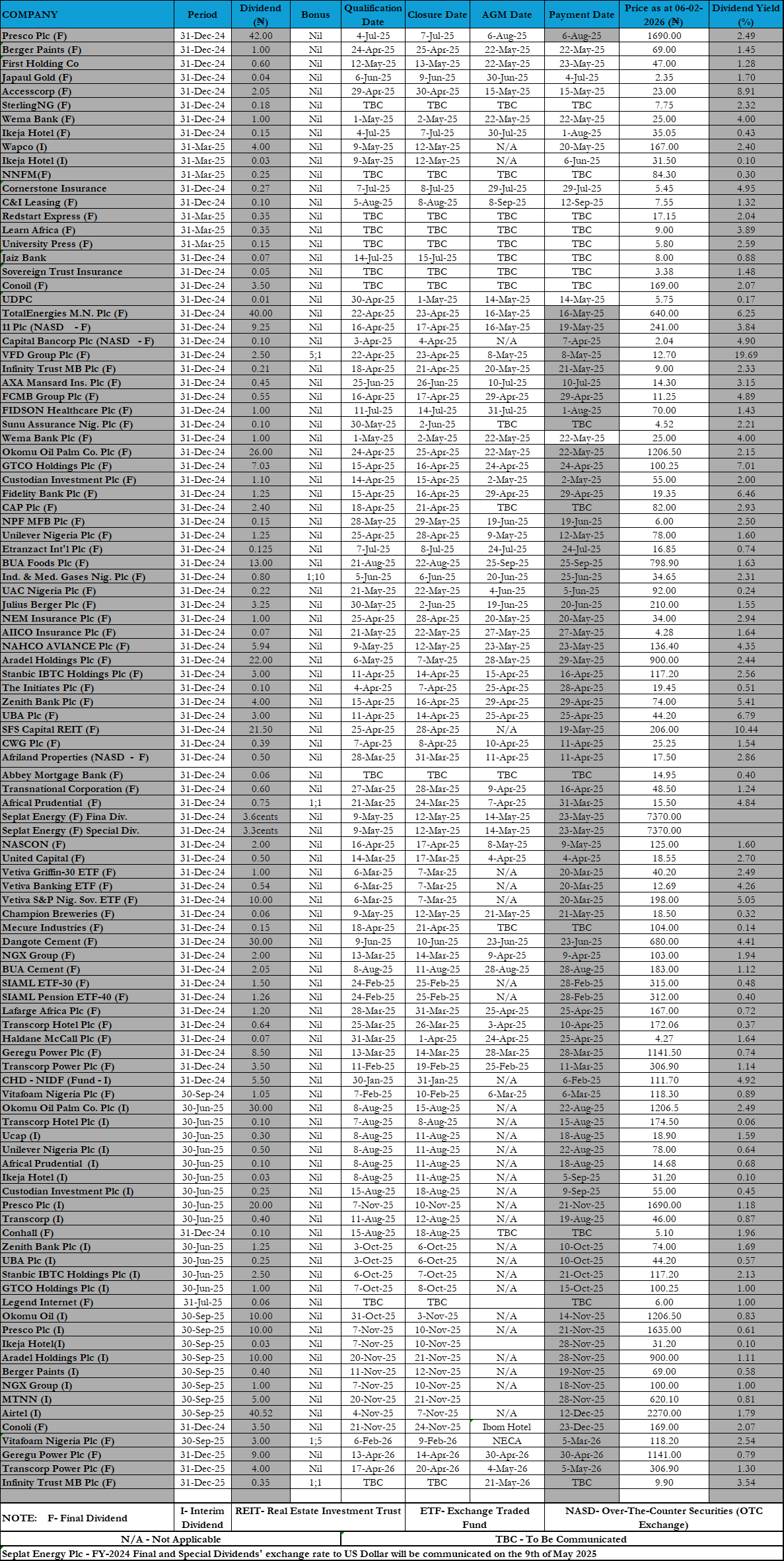
Update for Week Ended March 23 and Outlook for March 26-29
Equity market correction over the past week continued to impact negatively on the share price of blue chip stocks on the Nigerian Stock Exchange (NSE), amid continued sell-offs and profit taking owing to mixed sentiments and the non-reaction of the investing community to the array of obviously impressive corporate earnings and dividend payouts. Instead, the market continues dancing around its critical support level that has become a dicey inflection point, given that a breakdown of this point will wipe away all the gains recorded so far in the year.
The bearish nature of the global markets during the period under review was extended to the Nigerian market which closed southward, as many of the international equity indices closed below their 50-Day Moving Averagesb(DMA), while the U.S market’s is the only index hanging onto its 200-DMA. Adding to that technical damage is a number of death crosses. This bearish technical indicator is triggered when the 50-DMA passes below the 200-DMA and both are downtrend sloping.
With the Nigerian economy still on its path of recovery and growth, as confirmed by available statistics which foresees better future for the companies and indeed, the market fundamentals, especially with hopes that oil prices could rally again to between $70 and $100 per barrel, the improved earnings could attract more inflows into the nation’s economy.
Meanwhile, the NSE’s composite All-Share index pulled back to breakdown the recent strong support level of 42,000 on a strong negative sentiment at 41,472.10 basis points, amidst a low traded volume after touching the week’s high of 41,960.37 basis points from low of 41,235.34bp. This situation may be blamed on weak liquidity in the market as players booked profit in positions that had rallied before the commencement of this earnings reporting season. There are concerns of over valuations in developed markets, resulting in the ongoing wave of corrections which has been extended to emerging markets as a result of fear arising from unclear monetary and fiscal policies in the first quarter of the year, given the importance of monetary policy in driving economic activities and flow of funds in the investment environment.
The technical position of the Nigerian market for the period was weak and mixed, with the low traded volume on negative market breadth and strong selling pressure of 67%. Buying volume was at 33% of the week’s total transaction to continue its two-week bearish transition, as the market is trading below its 50-DMA, joining other markets of the world to close the week lower.
The NSE’s benchmark All-Share Index for the period shed 463.83points to close at 41,472.10 points, after opening at 41,935.93 points, representing a 1.11% decline on a relatively low volume, which was lower than previous week’s. Similarly, market capitalisation went down by N20.5bn to close lower at N14.98tr from its opening value of N15tr, representing 0.14% value loss.
This reduced loss in market cap was due to Thursday’s supplementary listing of 3,097,653,023 units of Lafarge Africa’s right issue, which reduce the impact of price adjustment of Total Nigeria, McNichols Consolidated and Medview Airline for dividend of N14, N0.03 and N0.03 respectively on the market capitalistion for the week.
The negative sentiments in the market during the period reduced on low price and increasing dividend yields that attracted bargain hunters to the market, thereby increasing demand for stocks with high potential to grow dividend, as well as companies with high payout already. Buying positions were targeted at low, medium and high cap stocks, with particular attention on Diamond Bank, Fidelity Bank, GSK, FBNH, Eterna, Nascon, Zenith Bank and Transcorp, among others.
With anticipation of more numbers, there is the high possibility of the results beating estimates as we have seen so far which will support reversal of trend, given that this is the last week of the quarter for window dressing by fund managers to earned commission. It is also the regulatory deadline for all companies with December year-end accounts to submit their 2017 results.
The NSE’s year-to-date returns therefore contracted to 8.44%, even as market capitalisation growth for the period fell to N1. 36tr, representing a 9.68% gain from the year’s opening value.
During the week, a mix of low, medium and high cap stocks were dominant on the advancers table, particularly those with high Dividend Yields, high possibilities of paying good dividend and low price attractions. Transactions were driven by activities in the financial services, consumer goods and Oil/Gas sectors, even as market breadth was negative with decliners outweighing advancers in the ratio of 49:33 on a low volume of trades.
The market opened the period on a negative note, a situation that was sustained till midweek with the composite index losing 0.21%, 38% and 46% on Monday, Tuesday and Wednesday respectively, only to reverse on Thursday when it notched 0.33%. This could however not be sustained on the last trading of the week as it pulled back again by 0.39%, bringing the week’s total loss to 1.11% with traders and investors were disappointed by the mixed reactions to positive earnings hitting the market.
Sector indexes closed the week, except for the NSE Banking index that ended the week at 3.3% green, as it recovered from previous week’s steep decline.
Market activities in volume and value were down by 4.51% and 21.11% to 2.33bn shares worth N28.93bn from the previous week’s 2.44bn units valued at N36.67bn.
GSK and Fidelity Bank were the best performing stocks for the week, topping the advancers table with 21.43% and 17.75% gains respectively to close at N25.50 and N2.72 per share, on the back of their high Dividend Yields and hopes of strong earnings, dividend and low price attraction. The trophy for worst performing stock of the week went to FTN Cocoa and Unity Kapital, whose share prices fell by 21.43% and 21.43%, closing at N0.22 apiece on the back of market forces and new price rule. The huge loss by Unity Kapital during the week was despite the announcement of Veritas Capital Limited as the company’s new core investor, following the divestiture of Unity Bank Plc from insurance business in line with the directive of the Central Bank of Nigeria (CBN).
Last Friday also, United Bank for Africa submitted its audited result for the year ended December 31, 2017, showing great strides in the board’s diversification agenda that has seen it open operating units in 18 African countries outside of Nigeria. The result, besides the 20% growth in gross earnings and 65 kobo final dividend for the period, showed that the African subsidiaries contributed 43% of group profit for the period (READ).
Market Outlook
We expect a reversal on the strength of end of the quarter fund managers trading account balance, expiration of 90-day statutory period to release December 31, year-end account which will result to more earnings reports to the market, ahead of first quarter economic data and corporate earnings to give the state of the economy and the companies so far in 2018. Even as more income investors take position in value and dividend paying stocks, alongside bargain hunters.
Also, expect volatility and repositioning to continue, while profit taking will reduce on the strength of expected payout and earnings surprises.
However, we would like to reiterate that investors should not panic but go for equities with intrinsic value, especially during this season when dividend payment is approaching.
We advise investors to allow numbers guide their decisions while repositioning for the rest of the year’s trading activities, especially now that stock prices remain volatile amidst improving company, economic and market fundamentals.
It is time to combine fundamentals and technical tools to take decision by knowing the support and resistant level to reposition or exit any position. A stock market is in cycles. You must know the cycle it, or particular stocks therein are to successfully manage your trading and investment risk. For stocks that should be on your shopping list to buy in these seasonal changes as the year unfolds, sign up to INVESTDATA BUY AND SELL signal setup by calling 08032055467.
Get your home study pack of the INVEST 2018 Traders & Investors Summit and ride with the current recovery on Nigeria’s stock market and economy, thereby ensuring that you invest and trade with knowledge. You can also access stocks analysed in the home study pack of the INVEST 2018 traders and the investors’ summit held on February 24, 2018, including the 15 stock-picks for 2018 are available now to guide your positioning as trading for the year.
Comprehensive training materials on stock Trading and Investing for Financial Independence series are Available, you can play and watch on your mobile phone, laptop, desktop and TV set. Kindly call or send yes to 08032055467, 08028164086 or 08111811223.
We say big thanks to all the participants and resources persons that made Investdata Investment education workshop debut in Port Harcourt a success. The trading and investing eduction train move to Abuja April 14, 2018.
Ambrose Omordion
CRO|Investdata Consulting Ltd
info@investdataonline.com
info@investdata.com.ng
ambrose.o@investdataonline.com
ambroseconsultants@yahoo.com
Tel: 08028164085, 08032055467













